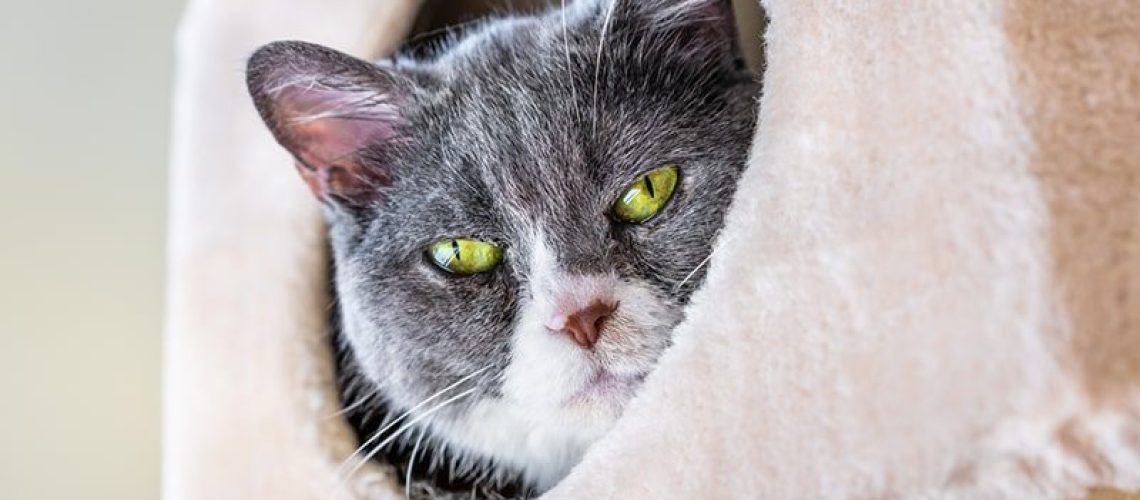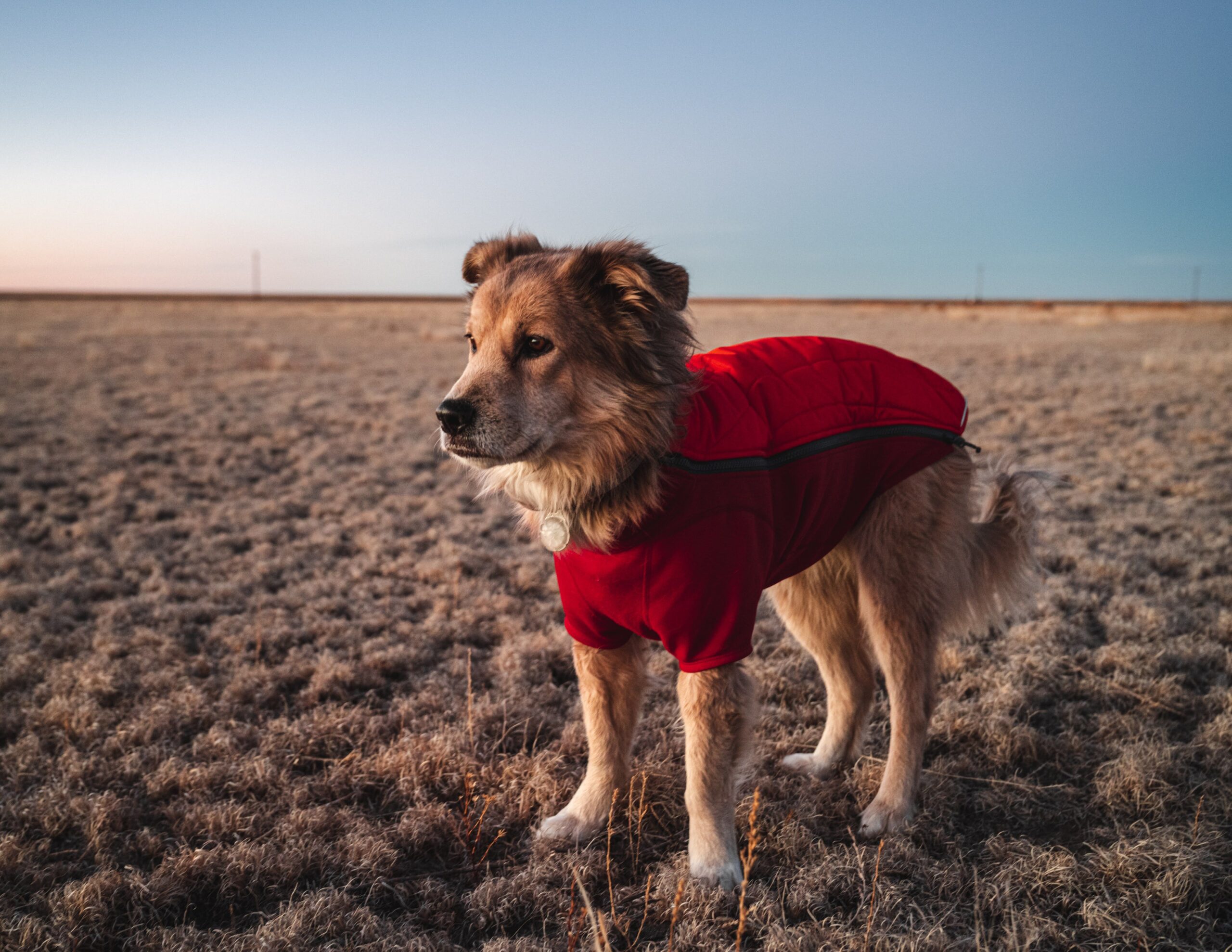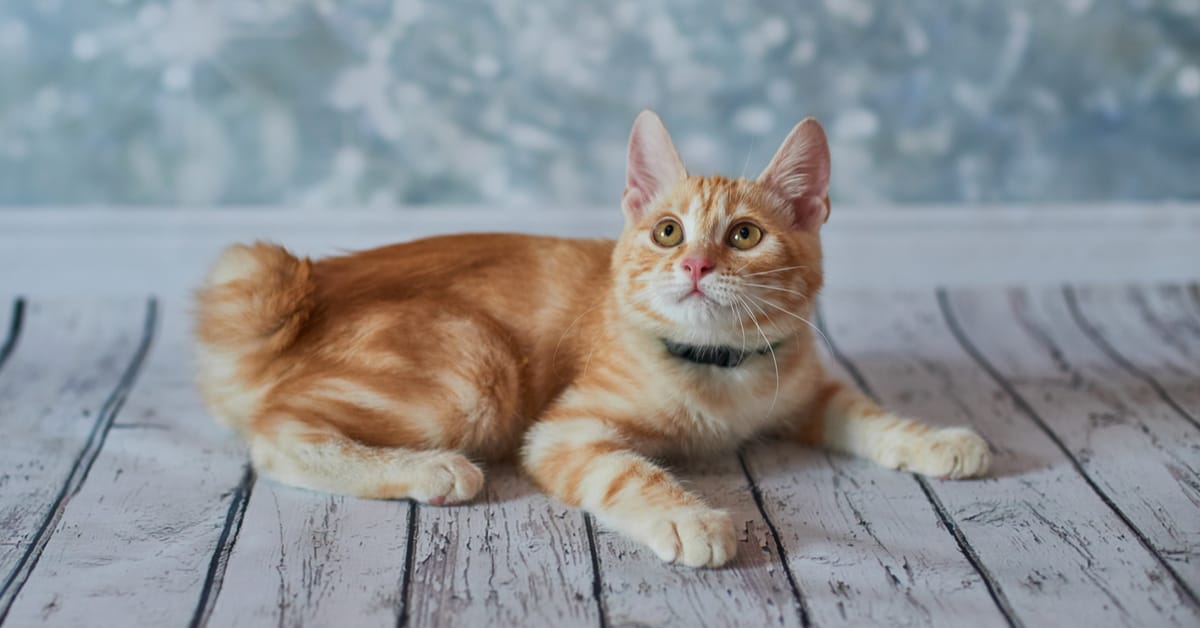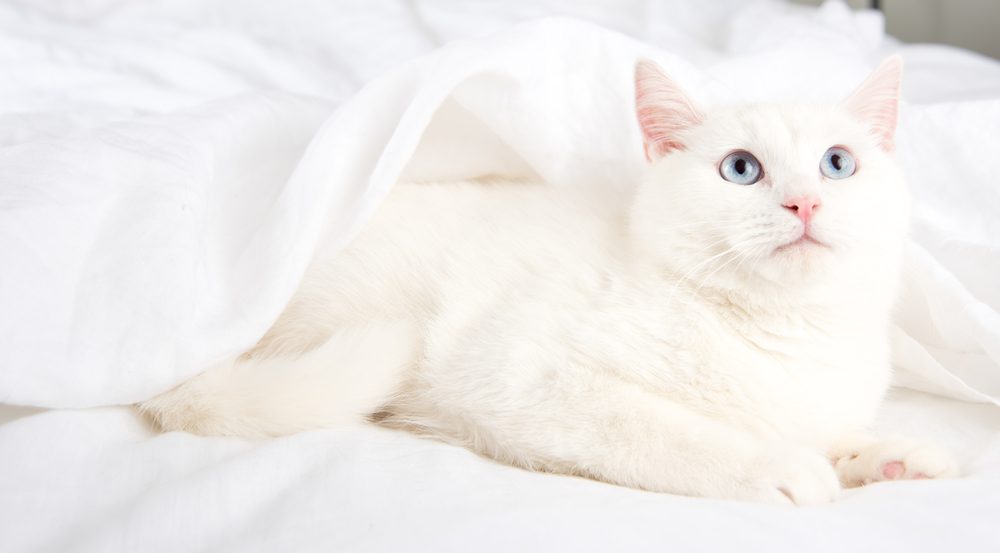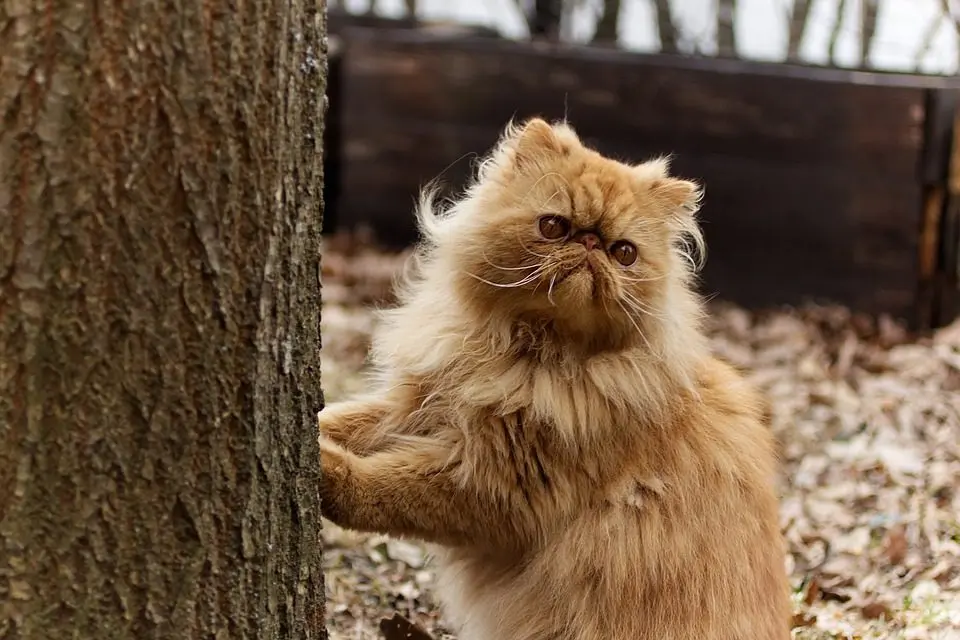Embark on a delightful journey into the world of mixed-breed cats, diverse feline companions that bring joy and countless benefits. Celebrate their uniqueness, offering a glimpse into nature's incredible diversity. Explore their varied colors, patterns, and personalities. Whether a cat lover or simply curious, join us in celebrating the enchanting world of mixed-breed cats, where beauty, charm, and allure abound. Get ready for a unique adventure!
Key Takeaways:
- Mixed-breed cats come in a wide variety of colors, patterns, and coat lengths.
- They often have unique personalities that can be a delightful surprise for their owners.
- Mixed-breed cats are generally healthier than purebred cats due to their diverse gene pool.
- Adopting a mixed-breed cat can help reduce the demand for breeding and support animal shelters.
- These cats make wonderful companions and bring joy to any household they become a part of.
What are mixed-breed cats and why are they unique?
Mixed-breed cats, also known as domestic shorthairs or domestic longhairs, are cats that have parents of different breeds or unknown ancestry. They come in a wide variety of colors, patterns, and coat lengths. What makes mixed-breed cats unique is their diversity. Each one is truly one-of-a-kind! They can have a combination of traits from different breeds, making them unpredictable and full of surprises.
Mixed-breed cats are often known for their resilience and adaptability. They may have inherited the best qualities from their various ancestors, which can make them well-rounded companions. Whether it's their playfulness, intelligence, or affectionate nature, mixed-breeds can bring a special charm to any home.
What makes mixed-breed cats distinct?
- A mix of physical traits: Mixed-breed cats can have a blend of characteristics from different breeds. This means they may have unique coat colors and patterns that you won't find in purebred cats.
- Unpredictable personalities: While purebred cats tend to have specific personality traits associated with their breed, mixed-breeds can surprise you with their individuality. Their personalities may be influenced by multiple breeds, resulting in a cat with a truly original disposition.
Examples:
- A mixed-breed cat might have the body shape of a Siamese cat but the fluffy tail of a Maine Coon.
- An orange tabby mixed-breed cat could exhibit the friendly nature of an American Shorthair combined with the curiosity of an Abyssinian.
How do mixed-breed cats look and act differently from purebred cats?
Mixed-breed cats can look and act quite differently from purebred cats. Since their genetic makeup is a combination of various breeds, they often have a more diverse appearance and behavior. While purebred cats tend to have specific breed standards that dictate their physical characteristics and temperament, mixed-breeds can surprise you with their unique traits.
In terms of looks, mixed-breed cats may have a wider range of coat colors, patterns, and textures compared to purebreds. They can inherit features from any breed or combination of breeds in their ancestry. This means you might find a mixed-breed cat with striking blue eyes like a Siamese or the distinct tabby markings of an American Shorthair.
Behavior-wise, mixed-breed cats can also be quite distinctive:
- Playfulness: Mixed-breeds are known for their playful nature. They may have inherited the energy and curiosity from breeds like Bengals or Abyssinians.
- Socialization: Mixed-breeds often excel at socializing with humans and other pets due to their adaptable nature. They may be more open to meeting new people and making friends.
Examples:
- A mixed-breed cat might have the calm demeanor of a Ragdoll combined with the mischievousness of a Bengal.
- An adventurous mixed-breed cat could exhibit the hunting skills of a Norwegian Forest Cat along with the affectionate nature of a Maine Coon.
Do mixed-breed cats have any health advantages over purebred cats?
Mixed-breed cats generally have fewer health issues compared to some purebred cats. This is because purebred cats often face certain genetic predispositions due to selective breeding practices that focus on specific traits.
When two different breeds are crossed to create a mixed-breed cat, it introduces genetic diversity. This can help reduce the chances of inheriting certain genetic disorders that are more common in specific breeds.
Advantages of mixed-breeds in terms of health:
- Hybrid vigor: The mixing of different gene pools can result in hybrid vigor, which means mixed-breed cats may have a stronger immune system and better overall health.
- Reduced risk of breed-specific issues: Certain purebred cats are prone to specific health problems. For example, Persians can have breathing difficulties due to their flat faces. Mixed-breeds don't have these breed-specific concerns.
Examples:
- A mixed-breed cat with Siamese and Maine Coon ancestry may be less likely to develop heart issues commonly found in Maine Coons or respiratory problems seen in Siamese cats.
- A mixed-breed cat without Persian lineage is unlikely to face the breathing difficulties associated with flat-faced breeds.
Famous mixed-breed cat breeds that have gained popularity
1. Bengal Cats
Bengal cats are a popular mixed-breed cat known for their striking coat patterns, which resemble those of wild leopard cats. These cats are energetic and playful, making them great companions for active individuals or families. Bengal cats are also highly intelligent and can be trained to perform tricks or even walk on a leash.
2. Ragamuffin Cats
Ragamuffin cats are another well-known mixed-breed cat breed that has gained popularity in recent years. These cats have a friendly and affectionate nature, often seeking attention from their owners. They have long, fluffy coats that require regular grooming to keep them looking their best. Ragamuffin cats are known for being gentle and patient, making them great pets for households with children or other animals.
Why choose a mixed-breed cat?
Mixed-breed cats offer a unique combination of traits from different breeds, resulting in diverse appearances and personalities. By choosing a mixed-breed cat, you can enjoy the best of multiple breeds in one furry companion. Additionally, mixed-breed cats often have fewer health issues compared to purebred cats due to their genetic diversity.
Benefits of adopting a mixed-breed cat
- Mixed-breed cats are often more affordable than purebred cats.
- They come in various colors and patterns, allowing you to find a cat that matches your preferences.
- Mixed-breeds tend to have fewer breed-specific health problems.
- Adopting a mixed-breed cat helps reduce the demand for breeding practices that may prioritize appearance over the welfare of the animals.
Overall, famous mixed-breed cat breeds like Bengals and Ragamuffins offer unique characteristics and make wonderful companions for those seeking an extraordinary feline friend.
How can you find out the ancestry of a mixed-breed cat without papers?
Determining the ancestry of a mixed-breed cat without papers can be challenging, but there are some methods that can provide insights into their heritage.
1. Physical characteristics
By observing your cat's physical traits, you may be able to identify certain breed influences. For example, if your cat has a short, stocky build and a pushed-in face, it could have some Persian or British Shorthair ancestry. However, it's important to note that physical traits alone cannot definitively determine a cat's breed heritage.
2. DNA testing
DNA testing for cats has become increasingly popular and accessible. These tests analyze your cat's DNA to identify potential breed markers and provide an estimation of their genetic background. While not 100% accurate, DNA testing can give you valuable information about your mixed-breed cat's ancestry.
Tips for DNA testing
- Choose a reputable DNA testing company specifically designed for cats.
- Follow the instructions carefully to ensure accurate results.
- Keep in mind that the accuracy of the test may vary depending on the database used by the company.
Finding out your mixed-breed cat's ancestry can be an exciting journey that helps you understand their unique traits and origins.
Debunking misconceptions about mixed-breed cats
There are several misconceptions surrounding mixed-breed cats that need to be debunked to promote better understanding and appreciation for these wonderful feline companions.
Misconception 1: Mixed-breeds are less healthy than purebred cats
Contrary to this belief, mixed-breed cats often have better overall health due to their genetic diversity. Purebred cats are more prone to inherit specific genetic disorders associated with their breed, while mixed-breeds have a wider gene pool, reducing the risk of such inherited conditions.
Misconception 2: Mixed-breeds are less intelligent
Intelligence is not determined by breed but rather an individual cat's unique traits and experiences. Mixed-breed cats can be just as intelligent as purebred cats, and their diverse genetic backgrounds may even contribute to their problem-solving abilities.
Why choose a mixed-breed cat?
- They offer a blend of various breed characteristics, resulting in unique appearances and personalities.
- Mixed-breeds often have fewer health issues compared to purebred cats.
- Adopting a mixed-breed cat promotes diversity and reduces the demand for breeding practices that prioritize appearance over animal welfare.
By debunking these misconceptions, we can appreciate the beauty and value that mixed-breed cats bring into our lives.
Care requirements for mixed-breed cats
Caring for a mixed-breed cat involves meeting their basic needs while also considering any specific traits inherited from their breed ancestry. Here are some essential care requirements to keep in mind:
1. Nutrition
Provide your mixed-breed cat with a balanced diet that meets their nutritional needs. Consult with your veterinarian to determine the appropriate type and amount of food based on your cat's age, weight, and activity level.
2. Grooming
Grooming needs vary depending on your cat's coat length and texture. Regular brushing helps prevent matting and keeps their fur clean. Additionally, regular dental care, nail trimming, and ear cleaning should be part of your grooming routine.
Additional considerations for specific breeds
If you know or suspect certain breed influences in your mixed-breed cat, consider any additional care requirements associated with those breeds. For example, long-haired breeds may require more frequent grooming, while breeds prone to dental issues may benefit from dental-specific care.
Providing environmental enrichment
- Offer toys and scratching posts to satisfy their natural instincts.
- Provide vertical spaces like cat trees or shelves for climbing and perching.
- Spend quality time playing with your cat to keep them mentally stimulated.
By meeting their nutritional, grooming, and environmental needs, you can ensure your mixed-breed cat leads a happy and healthy life.
Promoting diversity and inclusion through owning a mixed-breed cat
Owning a mixed-breed cat goes beyond the joy of having a loving companion. It also promotes diversity and inclusion in the feline world. Here's how:
1. Celebrating uniqueness
Mixed-breed cats showcase the beauty of diversity. By embracing their unique appearances and personalities, we celebrate the individuality of each cat, just as we should appreciate the diversity in people.
2. Breaking stereotypes
Mixed-breeds challenge the notion that certain traits are exclusive to specific breeds. They demonstrate that intelligence, affection, playfulness, or any other characteristic can be found in cats regardless of their lineage.
The impact of adoption
- Adopting a mixed-breed cat supports animal shelters and rescues that work tirelessly to find homes for all cats regardless of breed.
- It discourages unethical breeding practices that prioritize appearance over animal welfare.
- Owning a mixed-breed cat encourages others to see beyond superficial qualities and appreciate the true essence of these amazing animals.
By promoting diversity and inclusion through owning a mixed-breed cat, we contribute to a more compassionate society that values individuality in all its forms.
In conclusion, mixed-breed cats are unique and special in their own way. Their diverse backgrounds make them fascinating and lovable companions for any cat lover. Embracing their diversity can bring joy and appreciation for these wonderful feline wonders.
What is the most expensive mixed breed cat?
The Ashera cat is known as the priciest breed of cat globally, with costs that can exceed $100,000. This is attributed to its rarity and the fact that it is a hybrid breed, resulting from breeding an African serval, an Asian leopard cat, and a domestic house cat.
Can cats be muts?
Have you ever thought about what the equivalent of a "mutt" is for cats? It's important to consider, as there are potentially more mixed breed cats than mixed breed dogs. It's interesting to note that a mixed breed cat is commonly referred to as a moggy.
Why does the new cat population exhibit such a wide variety of diversity genotypically as compared to the original population?
Throughout the last 140 years, a wide array of recognized cat breeds have been created as a result of humans selectively breeding and domesticating cats.
What is the most mystical cat breed?
The Balinese, Burmese, and Siamese breeds are known for their calm and spiritual nature, making them perfect companions for individuals who live a quiet and spiritual lifestyle.
What is the rarest cat mix?
The Sokoke cat is considered to be the most uncommon cat globally. Instead of being a breed created by humans, the Sokoke is a naturally occurring small wildcat that is exclusive to the Arabuko-Sokoke Forest Preserve in Kenya, Africa.
What is the rarest cat breed to ever exist?
According to the UK's Governing Council of the Cat Fancy (GCCF), the Sokoke Cat is the most uncommon breed of domestic cat globally. These cats originate from the Sokoke forests in eastern Kenya and were previously thought to be a hybrid breed resulting from a mix of wild cats. However, DNA analysis has disproven this theory.



